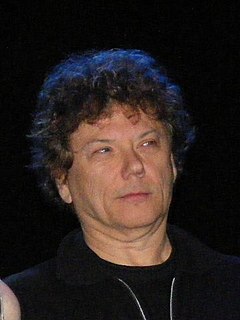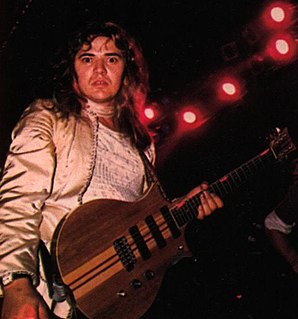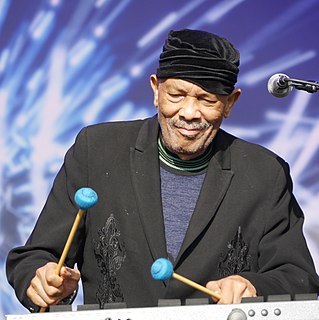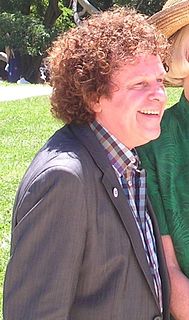A Quote by Jerry Harrison
I see myself as the buffer between the band and the record company.
Related Quotes
I do not want and will not take a royalty on any record I record. I think paying a royalty to a producer or engineer is ethically indefensible. The band write the songs. The band play the music. It's the band's fans who buy the records. The band is responsible for whether it's a great record or a horrible record. Royalties belong to the band. I would like to be paid like a plumber. I do the job and you pay me what it's worth.
It's a battle between record company, between producer and between mastering engineer. Because the louder you make your record in a digital process, the more dynamics are squished out of it. Nobody knows exactly what happens, but the dynamics in the performance disappear, and everything is at the same volume.
A weird thing about Gossip that I've always said: 'If I weren't in this band, I would never listen to it.' But I would go see it. It's a band you would go see that you don't necessarily listen to. We've always wanted to do a live album because personally, I think we're a way better band live than on record.
I don't see people. I don't see men and women at all. When I see them, I see... their mothers and fathers. I see how old they are inside. Like when I look at the president, or anybody in a record company, or a store owner, I may see a little boy behind the counter with the face of an old man. And that's who I talk to.
The decision to change the name meant we were getting serious, because we couldn't make a record if some other band had the same name as us.
I told the boys I was in a record store, thumbing though 45s, and I'd seen a record with the name the Warlocks on it. I've often wondered whether I hallucinated it, because I never saw the record again and I never heard a word about any band called the Warlocks.




































